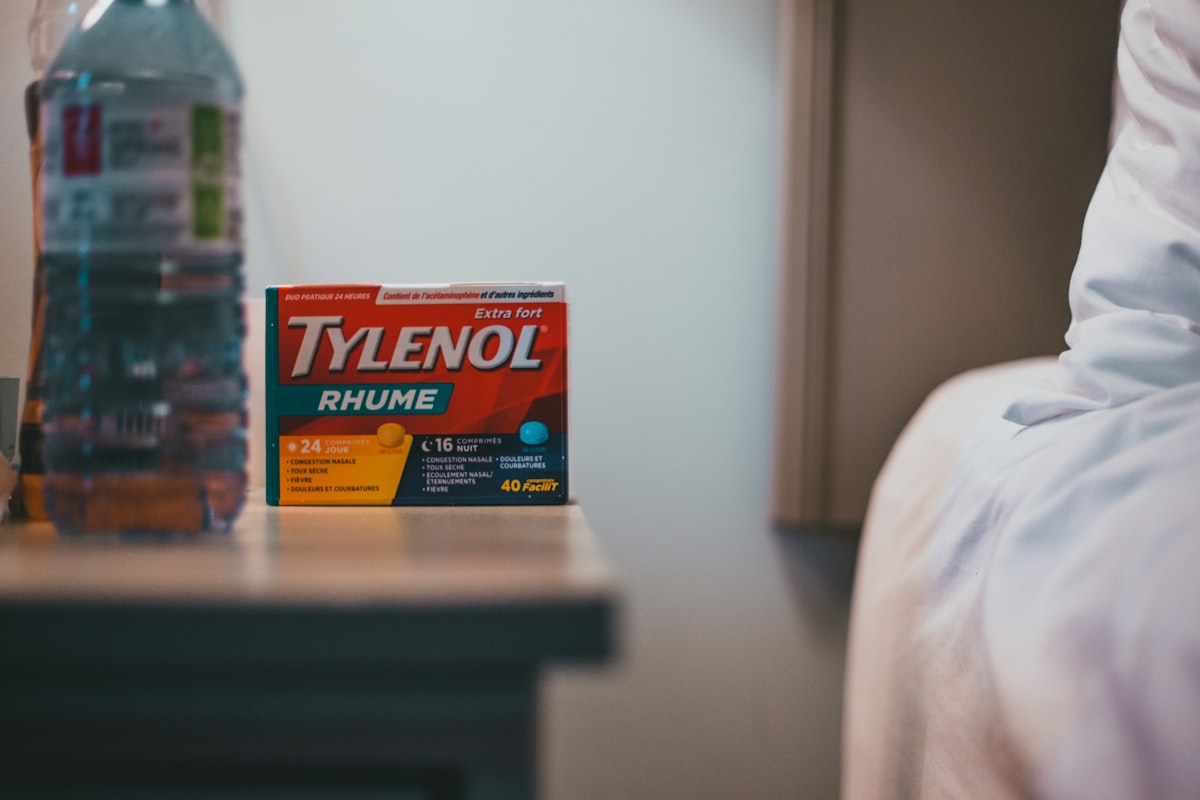Why is Tylenol bad for you?
Well known by its other name, paracetamol, acetaminophen is a drug used to treat pain and lower body temperature. It is sold without a prescription in many nations, and it is frequently combined with other drugs in a wide range of medicines.

Acetaminophen, also known as paracetamol, is a widely used medication for the relief of pain and fever. It is available over-the-counter in many countries and is commonly found in combination with other drugs in various prescription medications.
While it is generally considered safe when taken as directed, there are some dangers associated with its use. In this article, we will explore the risks of taking acetaminophen, the potential side effects, and the measures that can be taken to minimize the risks.
Liver Damage
One of the most significant dangers of taking acetaminophen is the risk of liver damage. Acetaminophen is metabolized in the liver, and when it is taken in excess or combined with other medications that are metabolized in the same way, it can cause liver damage.
This damage can be severe and even life-threatening. In fact, acetaminophen is the leading cause of acute liver failure in the United States, accounting for nearly half of all cases.
The risk elevator:
The risk of liver damage increases with the amount of acetaminophen taken, and it can be exacerbated by alcohol consumption, which also puts a strain on the liver. Therefore, it is essential to follow the recommended dosage guidelines and to avoid drinking alcohol when taking acetaminophen.
Allergic Reaction
Another danger associated with acetaminophen is the risk of allergic reactions. While rare, some individuals may develop an allergic reaction to acetaminophen, which can range from mild to severe.
Symptoms of an allergic reaction may include:
Rash
Hives
Itching
Difficulty breathing
Swelling of the face, tongue, or throat.
Note: In severe cases, an allergic reaction can be life-threatening, and immediate medical attention is necessary.

Kidney Damage
Additionally, long-term use of acetaminophen can lead to a condition known as acetaminophen-induced nephrotoxicity, which is kidney damage caused by prolonged exposure to the medication. This condition can lead to a decrease in kidney function and, in severe cases, kidney failure. Individuals with pre-existing kidney disease are at a higher risk of developing acetaminophen-induced nephrotoxicity, and caution should be exercised when taking the medication.
Interaction with other medications
Acetaminophen can also interact with other medications, including prescription medications and over-the-counter drugs. Some drugs, such as certain antibiotics and antifungal medications, can increase the risk of liver damage when combined with acetaminophen. Other medications, such as blood thinners and some antidepressants, can increase the risk of bleeding when taken with acetaminophen. Therefore, it is essential to discuss any medication use with a healthcare professional to avoid potential interactions.
What are the side effects?
A short answer - there are plenty!
Common side effects may include
Nausea
Vomiting
Stomach pain.
Note: These side effects are generally mild and can be managed by taking the medication with food. However, if these symptoms persist or worsen, medical attention should be sought.
Minimizing the risk:
Ensure that the medication is taken as directed.The recommended dosage guidelines should be followed, and the medication should not be taken for longer than necessary.
Avoid combining acetaminophen with other medications unless approved by a healthcare professional.
Individuals who consume alcohol should avoid taking acetaminophen, as the combination can increase the risk of liver damage.
Those with pre-existing liver or kidney disease should also exercise caution when taking acetaminophen, and medical advice should be sought before use.
It is essential to recognize the symptoms of an allergic reaction to acetaminophen, and medical attention should be sought immediately if any symptoms are experienced. Individuals who develop a rash, hives, difficulty breathing, or swelling of the face, tongue, or throat should contact their doctor.
While medications are out there to help us. It is our responsibility to be
careful and take medication as advised or when necessary. There are several alternatives out there. We should start with eating healthier and maintaining a good lifestyle. This helps us in keeping our bodies immune from all sorts of pain and diseases. Remember, it is all in our hands!


